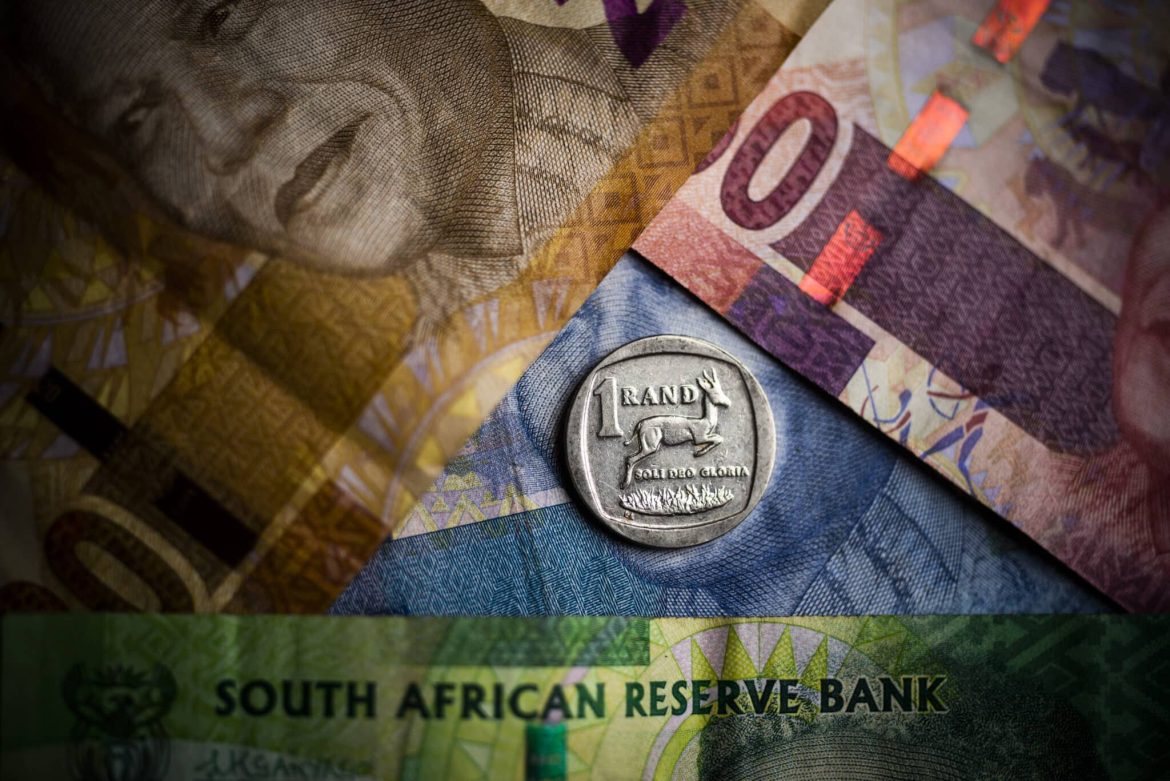South Africa’s currency, the rand, started Thursday morning on the back foot, as global and local uncertainties kept investors cautious. By 6:35am GMT, the rand was trading at 18.8550 against the U.S. dollar, marking a slight drop of about 0.2% from its previous level. This movement came as the U.S. dollar strengthened by 0.3% against a basket of global currencies, reflecting its stronger position in the global market.
Analysts say this weakness in the rand is tied to both global economic news and local political worries. According to ETM Analytics, a well-known research group, investors are being extra careful ahead of the long Easter weekend. “There are so many daily changes that making any strong market decisions now would be risky,” ETM said in a note to clients.
One of the key global events affecting investor sentiment is the ongoing issue of U.S. trade tariffs. U.S. President Donald Trump met with top Japanese officials this week to discuss trade matters, in what was one of the first major face-to-face meetings since his controversial decision to introduce tariffs on a wide range of imports. These tariffs have caused waves in global financial markets and triggered fresh fears of a recession.
Adding to the concern, the Chairman of the U.S. Federal Reserve, Jerome Powell, issued a warning that these tariffs could slow down economic growth and push up inflation. This has made investors even more nervous about where the global economy is heading.
Because the rand is considered a “risk-sensitive” currency, it tends to respond quickly to international news like U.S. economic policies. But it’s not just global issues that are weighing on the South African currency. Local investors are closely watching the ongoing political drama in the country, especially the dispute between the African National Congress (ANC) and the Democratic Alliance (DA)—the two biggest parties in the coalition government.
The main issue between them is a proposed increase in Value Added Tax (VAT) set to begin on May 1. The DA, known for its pro-business stance, has voted against the fiscal framework in parliament and is now challenging the VAT increase in court. This disagreement has raised fresh doubts about the future of the coalition government and South Africa’s broader economic direction.
“All of South Africa’s domestic political developments are not taking place in isolation,” ETM Analytics explained. “If left unresolved, they may worsen an already uncertain international environment.” They added that the rand is likely to continue trading cautiously, as both local and global uncertainties remain high.
On a more positive note, South Africa’s benchmark 2030 government bond showed some strength in early trading. The yield on the bond dropped by 2 basis points to 9.16%, showing some signs of investor interest in safer assets within the country.
As markets continue to monitor events from Washington to Pretoria, the South African rand remains under pressure. Both global economic developments and domestic political issues will play key roles in determining the direction of the currency in the coming days.
